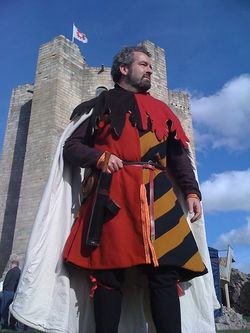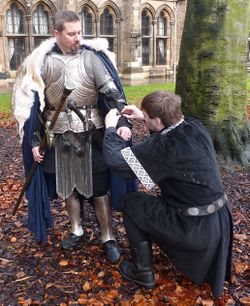Dawn hearth magic
Favours
A favour is an effective talisman that can ward off curses and the pernicious influence of Eternals but only if worn openly. The greater the affection that the donor feels for the recipient, the more effective the Hearth Magic becomes. Favours are also sometimes used to deliver curses, and there are plenty of tales of a stolen favour bringing ruin to the one who loses it.
Love
Love is a powerful force in Dawn, and its inclusion in magic can make effects more potent but also more unpredictable. Romantic love is the most powerful and most unpredictible, but filial love and even platonic love between friends have a power of their own. Dawnish tales talk of lovers or friends who return from death for a few moments to offer comfort or protect their loved ones, or to encourage them to seek vengeance on their betrayers. Love that is betrayed is said to give rise to curses of its own accord. Finally, love is said to be the one force that can bind souls together in the Labyrinth, and bonds of love may mean that two souls are reborn and driven to seek one another out through multiple incarnations.
Girding
Armour and shields are a hearth magic connected with identity in Dawn. Donning one's armour and girding oneself with weapons and armour before a battle, particularly with the assistance of friends and trusted companions, is seen as a way of "donning" a glorious persona. A knight becomes larger than life by girding themself in armour, and in a similar way a Senator may "gird" themselves with fine robes, documents and a short dagger before addressing the Senate to create a powerful persona so that others can see their glory.
There are stories of people who put on another's armour - again engaging in the ritual of girding themselves - and who either gain the strength of the person whose armour they are wearing, or perform some other great deed in their name, or who are mistaken for the person whose armour they don despite the unlikelihood of that actually happening. Most of these stories are romantic in nature, although several are tragedies in which someone dies in the place of their lover. A rare few are cautionary tales in which a villain masquerades as the hero to bring ruin down on her head after she has carelessly left her panoply where it may be stolen by her foe.

